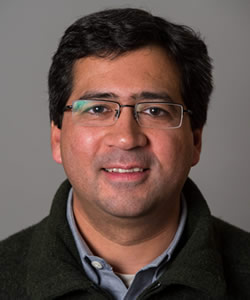Al-Azhar University in Egypt is sometimes called “the Vatican” of the Sunni Muslim world. On January 20th, it was reported (here and here) that al-Azhar formally suspended its long-standing dialogue with the Catholic Church in protest over Pope Benedict XVI’s recent insistence on “more effective” protection for Egypt’s Coptic Christians. The Pope’s remarks followed a New Year’s bombing of a Coptic Church in Alexandria that killed 21 people and drew fresh attention to Christian-Muslim relations in Egypt as well as elsewhere in the Arab world.
Al-Azhar is close to the Egyptian government, and it is undeniable that its actions closely track the writ of the state: it suspended its dialogue with the Vatican shortly after Egypt recalled its ambassador to the Holy See to protest what it called papal “interference” in the country’s affairs.
Still, the severance of ties may be ominous for relations between the world’s two largest religious communities. As distinguished Vatican correspondent John Allen commented on January 20th, “The chill in relations between Egypt and the Vatican could have broad implications for Catholic/Muslim relations. As recently as late November, for example, the country’s state-appointed Grand Mufti, Sheikh Ali Gomaa, was a featured speaker at the New York launch of a major research project at Notre Dame titled ‘Contending Modernities.'” (As it happens, Gomaa condemned the Alexandria bombings on the Contending Modernities Blog on January 5th, before the Pope’s speech and al-Azhar’s suspension of dialogue with the Vatican.)
Given the goal of precisely this project—Contending Modernities—to understand and advance the conversation between Catholic, Muslim, and secular forms of modernity, it is crucial for us to explore: What does the suspension mean? Where do Catholic-Muslim relations go from here? We asked a wide range of distinguished observers—Muslim and Catholic—to address these questions. Three outstanding experts on Muslim-Christian relations—A. Rashied Omar, Jennifer S. Bryson, and Daniel Madigan, S.J.—have begun the conversation.

